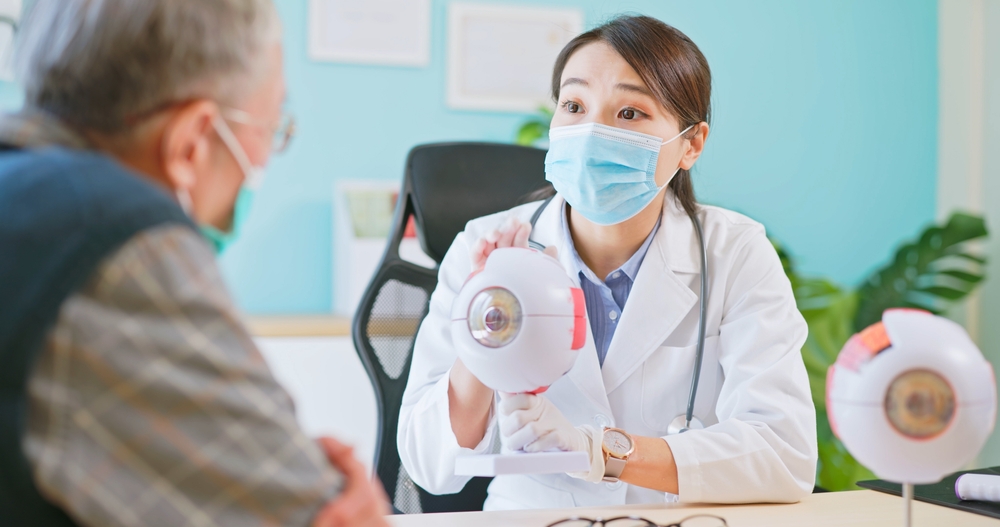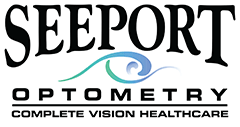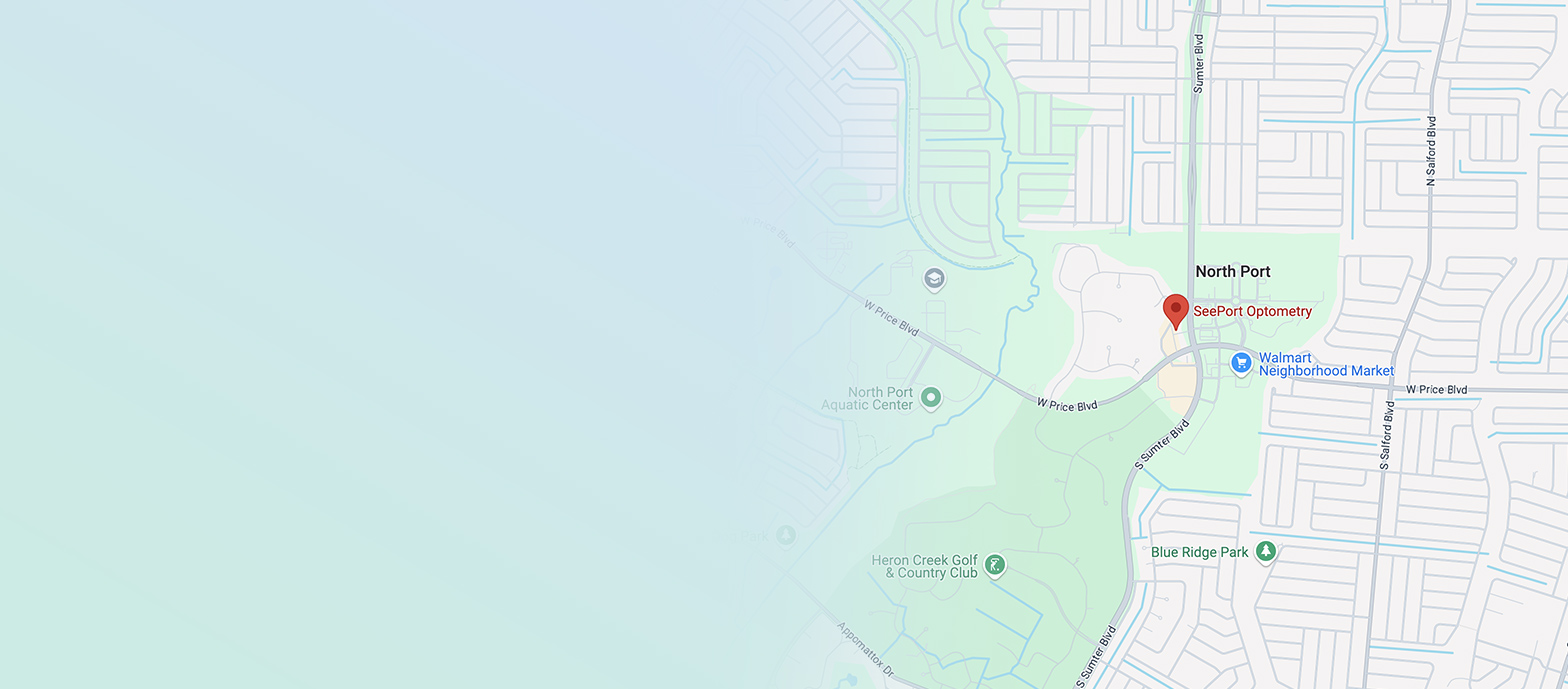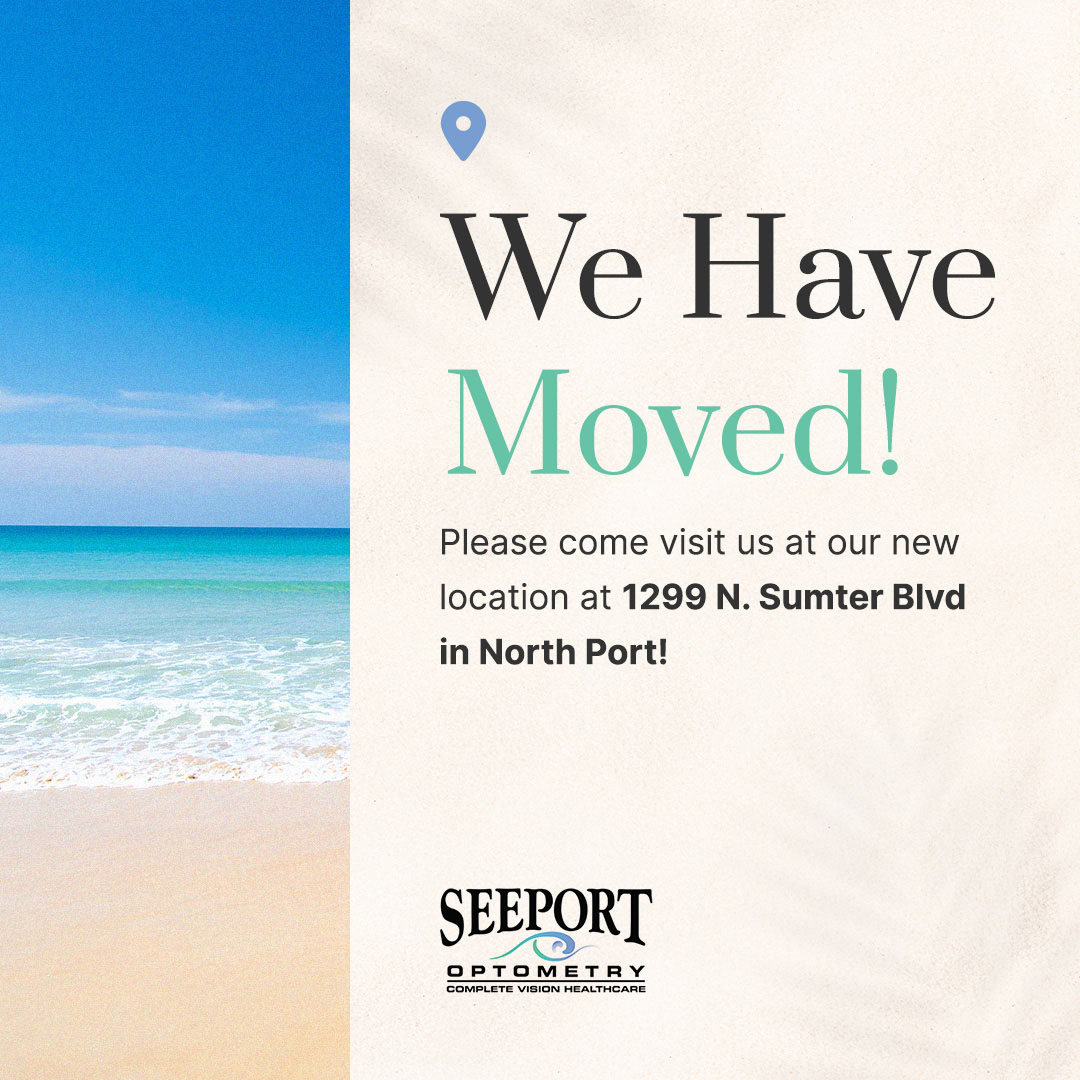
How is Dry Eye Syndrome Treated?
Dry eye syndrome is a common and often chronic condition that affects millions of people worldwide. It occurs when your eyes do not produce enough tears or when the tears evaporate too quickly, leading to discomfort, irritation, and even vision problems. Understanding the underlying causes and available treatment options is crucial for effectively managing this condition and restoring your eye health.
What is Dry Eye Syndrome?
Dry eye syndrome, also known as dry eye disease, is a multifactorial condition that results in the eyes' inability to maintain a healthy tear film. The tear film is a delicate balance of water, oil, and mucus that coats the surface of the eyes, providing lubrication, nourishment, and protection. When this balance is disrupted, it can lead to a variety of uncomfortable symptoms, including:
· Persistent dryness or grittiness in the eyes
· Redness and irritation
· Burning, stinging, or itching sensations
· Blurred vision
· Sensitivity to light and wind
· Difficulty wearing contact lenses
· Watery eyes
Dry Eye Treatment Options
Determining the underlying cause of your dry eye syndrome is crucial for developing an effective treatment plan. The specific cause or combination of causes will dictate the most appropriate course of action, as different treatment approaches may be required depending on the root of the problem. To identify the underlying cause of your dry eye syndrome, your optometrist will conduct a comprehensive eye examination.
Artificial Tears
There are various treatments available, depending on the severity and underlying causes of the condition. For mild cases of dry eye, artificial tears are often the first line of defense. These over-the-counter eye drops help lubricate the eyes and provide temporary relief from dryness and irritation. There are preservative-free versions available for people with sensitive eyes or those who use drops more frequently.
Prescription Eye Drops
If over-the-counter solutions aren't enough, your optometrist may prescribe medicated eye drops. Prescription eye drops are a highly effective treatment option for managing dry eye symptoms, particularly for individuals who experience chronic or severe dryness. These eye drops often contain anti-inflammatory agents to help reduce inflammation in the tear-producing glands, promoting better tear production and eye lubrication. Additionally, they may include specialized formulations that protect the surface of the eye by improving tear stability and minimizing evaporation.
Punctal Plugs
For moderate to severe cases, punctal plugs may be recommended. These tiny devices are inserted into the tear ducts to block drainage, allowing tears to remain on the surface of the eye longer, which helps keep them moist.
Lid Hygiene and Warm Compresses
Good eyelid hygiene is essential for managing dry eyes, particularly if you have blepharitis or meibomian gland dysfunction. Your optometrist may recommend warm compresses or lid scrubs to help clean the eyelids and promote healthy tear production.
Omega-3 Fatty Acids
Studies have shown that omega-3 supplements can help reduce dry eye symptoms by improving the quality of the tear film. Adding omega-3-rich foods like fish or flaxseeds to your diet, or taking a supplement, may help alleviate dry eye discomfort.
Specialty Contact Lenses
If you're a contact lens wearer, there are options like scleral lenses, which are designed to keep the eye moist by holding a reservoir of tears between the lens and the cornea. Your optometrist can recommend the best lens type based on your condition.
Schedule Your Dry Eye Evaluation with SeePort Optometry Today
Dry eye syndrome is a complex and often chronic condition that can significantly impact your quality of life. By understanding the underlying causes, undergoing a comprehensive eye examination, and working closely with your optometrist, you can develop an effective treatment plan to manage your symptoms and restore your eye health.
If you are experiencing persistent dry eye symptoms, schedule a consultation with SeePort Optometry to identify the underlying cause of your dry eye and develop a personalized treatment plan to provide you with lasting relief. Visit our office in North Port, Florida, or call (941) 876-4400 to book an appointment today.









